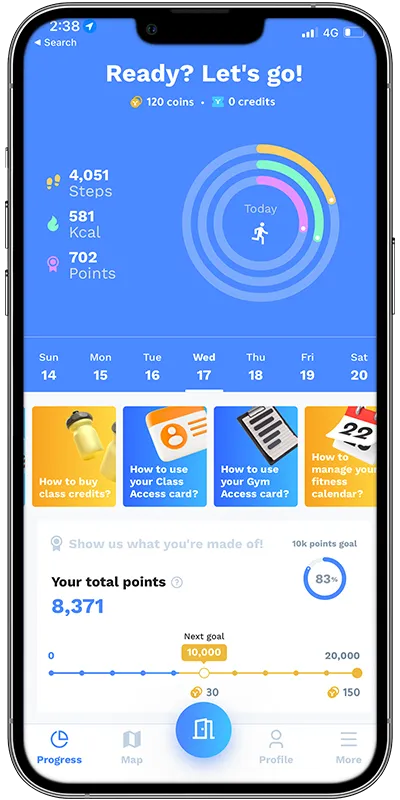A common complaint from fitness enthusiasts is the lack of results that they can see or feel even after the most vigorous workouts. One of the major reasons exercises cease to make a change is your diet. If you want to see the most effective results in your fitness journey, going to the gym alone won’t do the job, proper nutrition needs to be ensured. You are what you eat, and if you need to see the best results from hitting the gym, make sure that you follow a diet that complements your routine and helps you to achieve your fitness goal.
Where to begin
A balanced diet is the basic foundation of any effective fitness plan. A nutritious plate should offer a healthy mix of proteins, carbohydrates, and healthy fats. Proteins are essential for muscle repair and growth while carbohydrates provide energy. Healthy fats, on the other hand, support overall health and hormone levels. Consuming these sources in moderation can be extremely helpful in achieving the best results.
Protein intake and hydration
Protein, as we all know, is vital for people who engage in regular fitness activity. Including lean protein sources like chicken, fish, eggs, and plant-based options like beans and legumes can easily make a regular meal, a protein-rich one. It is commonly advised to aim for a protein-rich meal within an hour after a workout to help with muscle recovery. Hydration is often overlooked by fitness enthusiasts but is something extremely important, which helps maintain energy levels, supports function, and aids in recovery. It is important to keep yourself hydrated throughout the day and between workouts to keep your energy levels intact.
Pre-Workout and Post-Workout
Many people often forget to consume food before their workouts. Eating the right foods before your workout can enhance your performance and energy. A combination of complex carbs and protein around 1-2 hours before exercise provides sustained energy. Some options are protein smoothies, Fruit with peanut butter, oatmeal with bananas, and more. Post-workout nutrition is essential for recovery. It is advised to consume a mix of proteins and carbs within an hour after your workout to replenish glycogen stores and repair muscles. Some ideal choices are greek yogurt with berries, a protein shake with banana, a chicken and vegetable wrap, etc.
Healthy snacking
Dealing with the incessant cravings to snack can be one of the hardest things to tackle while you are being mindful of your food habits. To help with this, healthy snacking can help maintain energy levels and prevent overeating during meals. Nutritious snacks such as nuts, seeds, fruit, yogurt, or whole-grain crackers with hummus provide a steady release of energy and keep you satisfied between meals, avoiding the need to snack on processed foods. Processed foods often contain harmful substances, added sugars, unhealthy fats, and empty calories that can destroy your fitness progress.
Meeting the needs of your body
It’s essential to listen to your body’s hunger and fullness cues. Eat when you’re hungry and stop when you’re full. This mindful eating approach helps you avoid overeating and ensures you’re fueling your body appropriately for your activity level.
A balanced diet should provide you with most of your nutritional needs, supplements can be beneficial in various cases and are advised for people with certain health conditions who can’t absorb certain nutrients into their bodies. Protein powders, branched-chain amino acids (BCAAs), and multivitamins can support your gym routine, but you should always consult with a healthcare professional before adding supplements to your diet.
A very simple approach to follow is to eat when the sun is up and to stop when the sun is down. The moment the sun sets, we naturally and instinctively start to prepare for sleep. This includes the slowdown of your metabolic rate. So, if you are eating after the sun sets your body will retain more of the food you consumed and burn a lot less. Have breakfast at sunrise, have lunch mid day, have supper before sunset, and have a healthy nutrition snack in between breakfast and lunch, and lunch and supper. Just starting with this alone, will already help you start a healthier eating routine.





